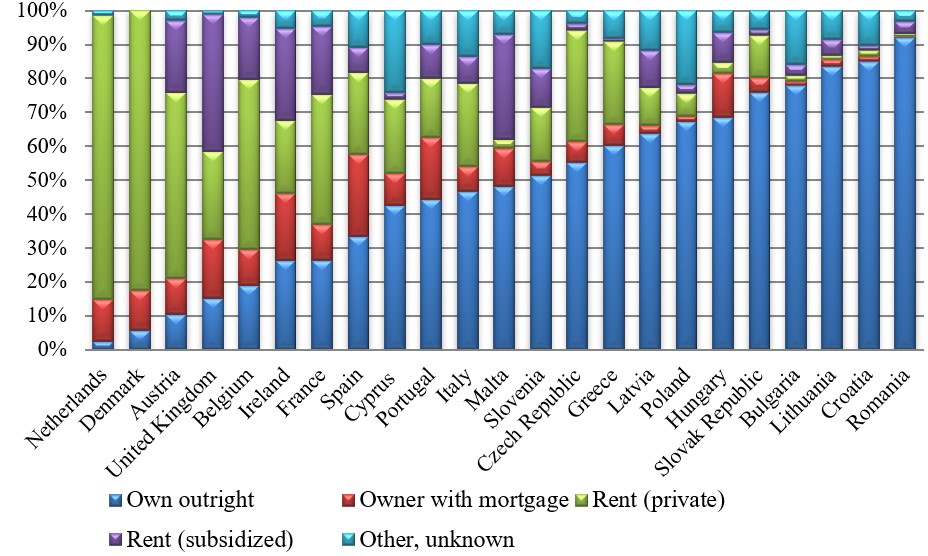The Phenomenon of Homelessness during the Greek Economic Crisis 2009-2018
Abstract
This research focuses on the phenomenon of homelessness in Greece, especially during the deep economic crisis that has lasted from 2009 until this day. Unfortunately, in large part, homelessness also affects welfare policy, as well as social cohesion and healthcare. The significance of the study lies in the fact that there are no official data from governmental institutions concerning the number of homeless people across the country. For this reason, this study attempts to collect all available data in order to present the evolution of the phenomenon of homelessness from 2009 to present. Homelessness is examined in relation to poverty and other factors of deprivation. In addition, countermeasures addressing homelessness, adopted by both public and private organizations, are also examined. Public institutions usually provide small pensions, only for seniors over sixty-seven years old, meal cards, free soup kitchens and several shelters. At the same time, a large number of private organizations, such as NGOs, provide free accommodation, meals, and showers. Unfortunately, the rising number of homeless people during the ongoing socioeconomic crisis and the lack of communication among institutions deteriorate the problem. On these grounds, this research analyzes the phenomenon of homelessness in Greece in order to provide the appropriate solutions for its containment.


This work is licensed under a Creative Commons Attribution 4.0 International License.
Copyright for this article is retained by the author(s), with first publication rights granted to the journal.
This is an open-access article distributed under the terms and conditions of the Creative Commons Attribution license (http://creativecommons.org/licenses/by/4.0/).









1.png)














